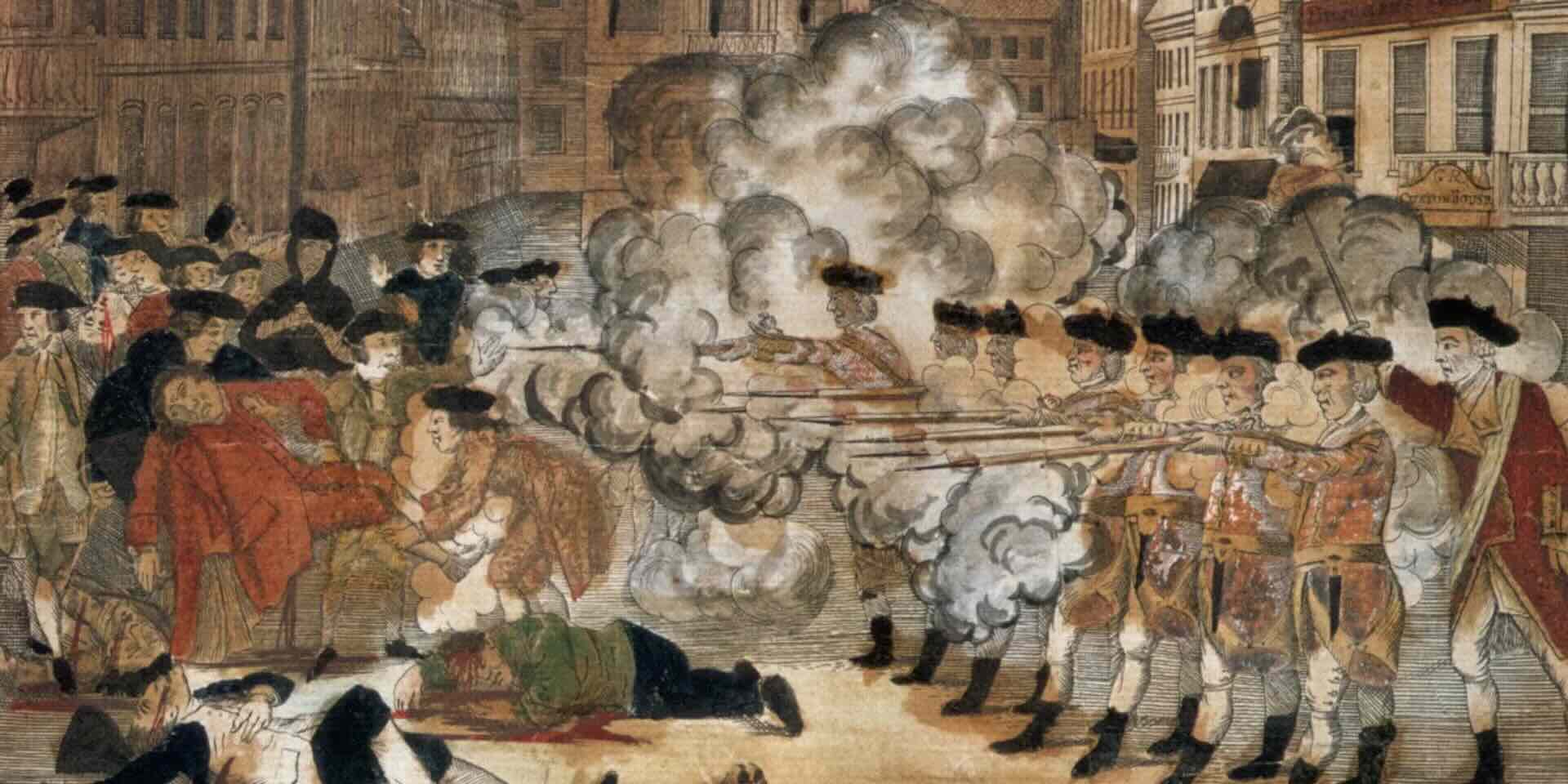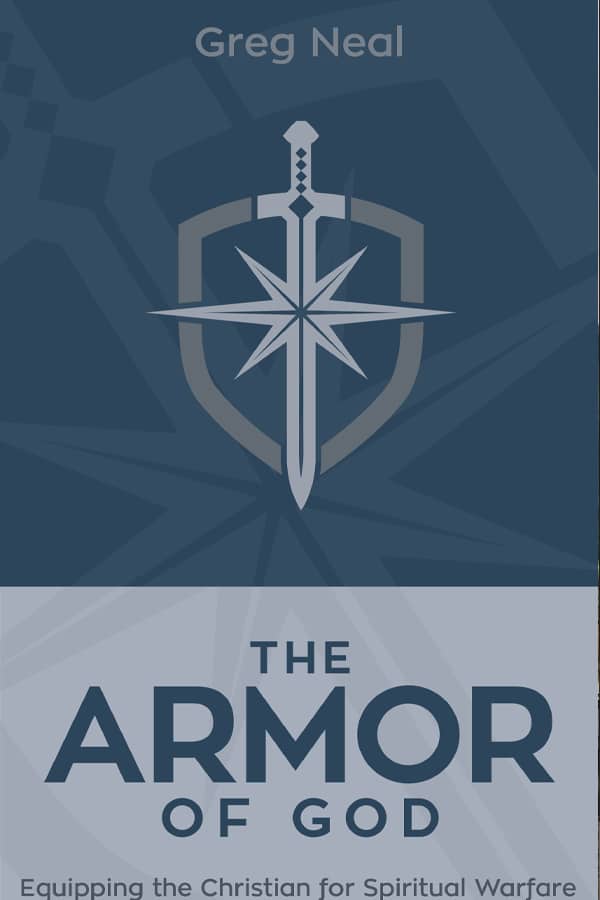Even If You Stand Alone
- Greg Neal Daily
- April 10, 2025

This week’s newsletter has quite a few “One More Things” in it. I feel as though our American history has so many connections from story to story. When we are willing to look, we can learn some vital lessons from our patriot forebearers. These people were flawed, for sure. However, they had stellar character and unshakable tenacity. They were willing to stand where no one had in the past. Because of the stands taken by brave men and women over and over throughout the last two and a half centuries, we continue to live in a land of freedom. I hope you enjoy this week’s One More Thing… Please share this newsletter with someone who can be helped by it.
Many Americans who paid attention in history class have heard of the Boston Massacre—the first deadly conflict between British soldiers and the colonists in the lead-up to the Revolutionary War. On March 5, 1770, several British soldiers fired into a crowd of volatile Bostonians, killing five, wounding another six, and angering an entire colony. It fanned the flames of independence that, in the years to come, would ignite a bloody fight for freedom. John Adams even said of it: “…on that night, the foundation of American independence was laid.”
However, while many know of the Boston Massacre, most may not know some interesting details that followed concerning this tragic event. The outrage of the colonists pushed Massachusetts to arrest the British soldiers involved and put them on trial for murder.
But wait, there is more!
Many may be surprised to know the names of the lead attorneys who represented the accused. They were none other than Josiah Quincy II, spokesman for the Sons of Liberty prior to the Revolutionary War, and John Adams, the Founding Father himself, who defended the British soldiers. Why? Were these patriots sympathetic to the crown of England? Absolutely not! In 1770, these men were already involved with the Sons of Liberty and the momentum toward American independence. In subsequent years, Quincy II, although plagued with poor health, wrote strongly and boldly in the fight for freedom, and he even traveled to England to argue the patriot cause among British politicians. As most know, Adams went on to serve as George Washington’s vice-president and then became the second president of the United States.
So, why did these men defend the British soldiers in court? These attorneys of great legal reputation believed in the right to counsel and the presumption of innocence. These men stood as defense’s counsel so that England, as well as the colonies, would know that in the colonies, the legal process was unbiased and that a fair trial was still possible, no matter the political climate. These men, along with the other Sons of Liberty, agreed that the best way to remove British troops from the city was a transparent and just defense of the accused. These men faced much criticism for their stand but stayed the course, determined to prove truth. John Adams said in his famed argument in court, “Facts are stubborn things; and whatever may be our wishes, our inclinations, or the dictates of our passions, they cannot alter the state of facts and evidence.”
Many not familiar with the story may be surprised to learn that Josiah Quincy II and John Adams won acquittal for six of the British soldiers. Two others, who had fired directly into the crowd, were convicted of the lesser charge of manslaughter.
The stand Quincy and Adams took by defending the “enemy” proved justice was still possible. In addition, they both went on to shoulder great guidance to the patriot cause as well-respected leaders. It could be said that because of their stand for truth and justice, their reputations only improved. They believed their cause was just and that it would speak for itself. How interesting it is that their stand did just that. John Adams’ own words put it perfectly:


